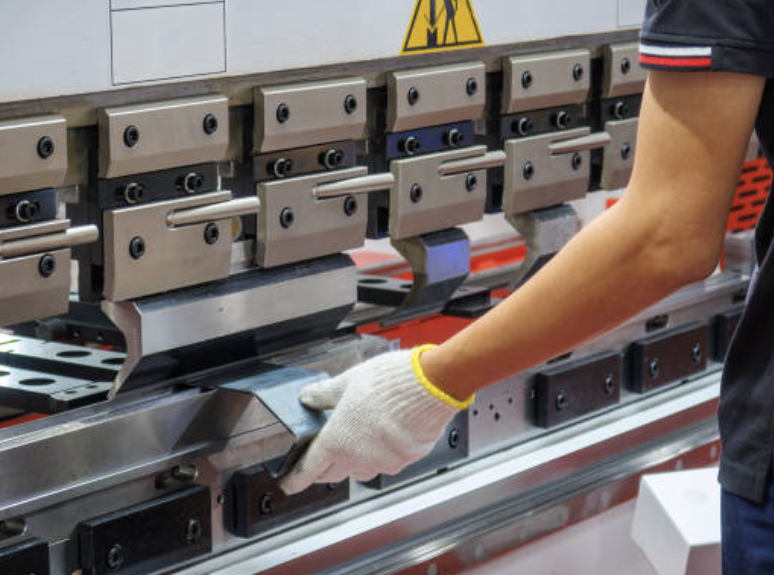
Posted on Wednesday, October 18, 2023
The metal fabrication industry in the United States is undergoing transformative changes driven by technology, market demands, and the need for efficiency. Automation is at the heart of these trends, reshaping how businesses operate and ensuring competitiveness in the global market.
Automation has become essential in metal fabrication to enhance productivity, accuracy, and consistency. Automated welding systems, robotic arms, and CNC machines are increasingly used to minimize human error and boost efficiency.
Artificial Intelligence (AI) and the Internet of Things (IoT) are transforming factories into smart manufacturing units. Real-time data collection and analysis help improve decision-making, predict maintenance needs, and reduce downtime.
Sustainability is a priority, with companies adopting eco-friendly materials and processes. Recycling scrap metal and implementing energy-efficient technologies are key strategies.
Consumers demand tailored products with shorter delivery times. Automation enables manufacturers to offer customization while maintaining efficiency.
As supply chain disruptions become a concern, many American companies are reshoring operations to ensure control over production and reduce reliance on overseas suppliers.
Automation is revolutionizing every aspect of metal fabrication, from cutting and welding to assembly and finishing. Here’s how:
Machines equipped with advanced sensors and AI ensure high precision in cutting and shaping metal, reducing waste and improving product quality.
Automated systems operate faster than manual processes, enabling companies to meet tight deadlines and handle large production volumes.
Although the initial investment in automation is high, it leads to long-term savings by reducing labor costs, minimizing errors, and optimizing material usage.
Automation takes over hazardous tasks, reducing the risk of workplace injuries and improving overall safety.
Companies using automation gain a competitive edge through consistent quality, faster delivery times, and the ability to scale operations.
1. What is metal fabrication?
Metal fabrication is the process of cutting, shaping, and assembling metal into finished products or components. It includes processes like welding, machining, and forming.
2. What are the benefits of automation in metal fabrication?
Automation enhances precision, reduces costs, improves efficiency, and ensures worker safety. It also allows for large-scale production and quick customization.
3. How is the U.S. steel industry adapting to automation?
The U.S. steel industry is investing in smart technologies, including robotic welding systems, automated assembly lines, and IoT-integrated equipment, to increase productivity and remain competitive.
4. Are there disadvantages to automation in metal fabrication?
The primary challenges include high initial costs and the need for skilled technicians to operate and maintain the automated systems. However, these are outweighed by the long-term benefits.
5. What is IoT in metal fabrication?
IoT (Internet of Things) involves connecting machinery to the internet, enabling real-time monitoring, data analysis, and predictive maintenance.
Q: How does automation impact job opportunities in metal fabrication?
Automation creates new opportunities for skilled workers to manage and program advanced machinery. While some manual jobs may decrease, there’s a growing demand for expertise in robotics, AI, and IoT technologies.
Q: What are the latest innovations in metal fabrication automation?
Recent innovations include collaborative robots (cobots), 3D metal printing, AI-driven defect detection, and automated material handling systems.
Q: Why is sustainability important in metal fabrication?
Sustainability reduces environmental impact and helps companies comply with regulations, appeal to eco-conscious consumers, and reduce waste, leading to cost savings.
What is the future of automation in the metal fabrication industry?
The future lies in fully automated and interconnected factories where AI and IoT optimize every stage of production, from raw material sourcing to finished products.
What are the challenges of implementing automation in metal fabrication?
Key challenges include the high initial investment, the need for skilled labor, and integrating new technologies into existing systems.
The trends in metal fabrication in the United States highlight the growing importance of automation in maintaining efficiency, competitiveness, and sustainability. By investing in advanced technologies, the steel and metal fabrication industries are poised to meet future challenges and opportunities, driving growth and innovation. Automation is no longer optional—it’s essential for staying ahead in an evolving market.
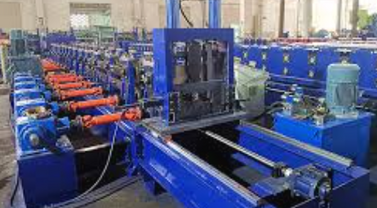
Used Purlin Roll Forming Machines for Sale Worldwide
Posted on Sunday, January 25, 2026
Pre-Owned Roll Forming Machines for Purlin & Structural Steel Profiles
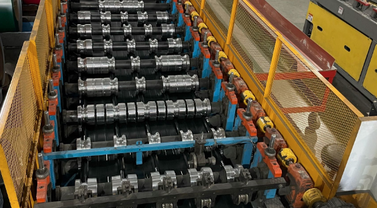
Used Roof Panel Roll Forming Machines for Sale Worldwide
Posted on Sunday, January 25, 2026
Pre-Owned Roll Forming Machines for Roofing Panel Production
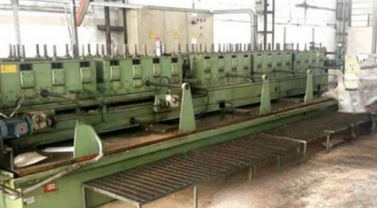
Used Roll Forming Machines for Sale Worldwide
Posted on Tuesday, January 20, 2026
Pre-Owned Roll Forming Machines with Inspection, Verification & Global Support
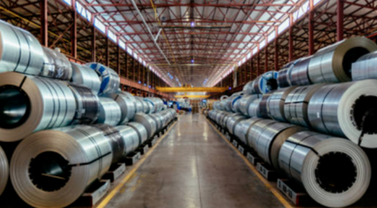
Steel Coil Supply for Roll Forming Machines Worldwide
Posted on Tuesday, January 20, 2026
Reliable Steel Coil Supply for Roll Forming, Fabrication & Manufacturing Applications
Copyright 2026 © Machine Matcher.